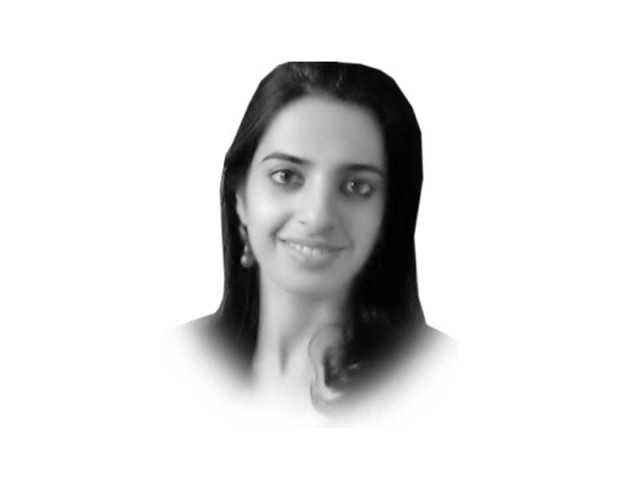The education-militancy connection
Quantity of an individual’s education appears to be unrelated to their support for terror groups and terrorism.

The writer is an Assistant Professor of Public Policy at the University of Maryland, and a Non-Resident Fellow at the Brookings Institution. She tweets @MadihaAfzal
This is the million dollar question. The answer remains as elusive as ever and depending on who you ask, it varies: military operations, talks with the militants, economic development, more jobs. More education is, perhaps, the most commonly heard refrain, from policymakers in Pakistan to those in the West. Punjab Chief Minister Shahbaz Sharif recently stated that his Punjab education sector road map, which has targeted increased enrolment and teacher and student attendance, “will comprehensively defeat terrorism and militancy”.
Surprisingly, however, researchers have used data and evidence across multiple contexts and shown that this conventional wisdom does not stack up. First, militants do not seem to be less educated than their surrounding population. Second, the quantity of an individual’s education, measured in years of schooling, appears to be unrelated to his or her support for terror groups and terrorism, measured using public opinion surveys. Clearly, just getting all our children to go to school, and as many of them up the schooling ladder as possible, while essential, is not alone going to eliminate militancy in Pakistan. But our gut still tells us that a sensible and high quality education should be part of the answer. To understand how education might enable us to win over radicalised hearts and minds, we need to take a good look inside the black box of schooling. Two not entirely mutually exclusive things matter: one, that students who go to school actually learn, and two, that the content they learn is sound and tolerant. Both things have historically not happened in the Pakistani context.
The 2009 Learning and Education Achievement in Punjab Schools (LEAPS) Report found that at the end of grade three, less than 20 per cent of students could read a first grade-level paragraph in Urdu. What’s going on? This situation is not unique to Pakistan and MIT development economists Abhijit Banerjee and Esther Duflo offer a number of causes in their recent book, Poor Economics. Part of the problem is low expectations from poorer students: teachers expect little from these students, poor families expect little from their children and the students undermine themselves. There is a vicious cycle at play: everyone believes poorer students will not learn and thus they don’t.
Another issue is that the content students are learning is aimed at preparing for board examinations, and not on learning the basics and building core competencies. When some students start falling behind, the teachers don’t focus on making them learn and instead focus on the good students. Banerjee and Duflo’s somewhat controversial solution is two tracks of schooling in which the lower track also comes out having learnt a basic curriculum, instead of having learnt essentially nothing.
Second, it is no secret that for at least two generations, our national curriculum has been biased and has bred intolerance. The 2003 SDPI report titled, “Subtle Subversion”, edited by AH Nayyar and Ahmad Salim, found that the curriculum was historically inaccurate, encouraged “prejudice, bigotry and discrimination towards fellow citizens, especially women and religious minorities, and towards other nations”, and glorified war and the use of force. Little wonder, then, that the population has become increasingly radicalised in these last two generations.
Fortunately, the revised national curriculum of 2006 seems to have addressed some of the above concerns. The new curriculum emphasises the teaching of life skills and using creative thinking, application and analysis, instead of rote memorisation. However, implementation has been delayed almost seven years: textbooks and lesson plans based on this national curriculum have just come out for the 2013-2014 academic year. This new policy should yield learning dividends. What is less clear is how much of a difference we will see in content, given an unsurprising pushback on content changes. An analysis of the brand new textbooks will help us shed light on this exact question.
Published in The Express Tribune, August 4th, 2013.
Like Opinion & Editorial on Facebook, follow @ETOpEd on Twitter to receive all updates on all our daily pieces.















COMMENTS
Comments are moderated and generally will be posted if they are on-topic and not abusive.
For more information, please see our Comments FAQ